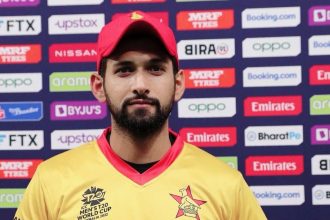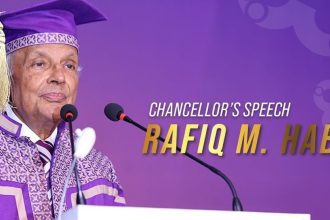Martyred counter-terrorism campaigner and provincial home minister Col (retd) Shuja Khanzada was on the terrorists’ radar because he intended to refer cases of 5,000 terrorists to the military courts, disclosed three senior police officers .
From the information revealed by the police officers, who worked closely with Khanzada, it seems that the militants feared the home minister’s mission to execute a swift crackdown on financiers, facilitators and other supporters of proscribed organisations across the province.
The officers, who wished to remain anonymous, are currently engaged in carrying out operations against members of various proscribed outfits.
“Khanzada was the only cabinet member who was vulnerable, since he was quite vocal about terrorists,” said one of the officers. “The home minister wanted to get rid of religious extremism at all costs.”
He said that as part of implementation on the National Action Plan (NAP) against terrorism, Khanzada also included names of over 4,621 militants in the Fourth Schedule of the Anti-Terrorism Act 1997, a legal tool that allows the government to catalogue all those involved in terrorism.
On the home minister’s directives, law enforcers apprehended 817 ‘hardcore terrorists’ who were once key players for Lashkar-e-Jhangvi (LeJ), Jaish-e-Muhammad, Sipah-e-Sahaba Pakistan, Tehreek-e-Taliban Pakistan and up to four dozen other banned outfits, revealed a police officer involved in the operation. “Soon after this, as well as LeJ chief Malik Ishaq’s killing in a police encounter, Khanzada has been receiving threats from banned outfits.”
As the captain of the team executing the NAP, the home minister launched an extensive crackdown on proscribed organisations, despite knowing that he was challenging thousands of hard-core terrorists, added the officer.
An officer posted at the counter terrorism department said the force also arrested over 7,000 clerics in six months for delivering hate speech, spreading hate material, misuse of loudspeakers and wall chalking.
On Khanzada’s orders, special intelligence units identified 1,132 hard-core activists spreading terrorism across the country, said another officer. “Law enforcers arrested 725 hard-core activists in six months.”
The home minister also referred cases of 268 men accused of sectarianism and of 182 hard-core militants – now in various jails – to military courts, he added.
Regarding the home minister’s mission, security analyst Imtiaz Gul said: “This is an ongoing struggle, as he himself did not undertake it. It is state policy and we expect that it would be continued by the provincial government.”
Gul said Khanzada emerged prominently on the militants’ radar for the simple reason of being “vigorously engaged in an extensive crackdown to implement the NAP, his call for shutting down over 100 seminaries – particularly those owned by banned outfits – and his comment on Malik Ishaq’s death”.
Brig (retd) Mahmood Shah said Khanzada was on the terrorists’ radar because he was the Punjab government’s frontman. “He openly challenged militants, which perhaps led to his tragic death.”
Terrorism across the province has not been properly exposed yet, he said. “The government must take strong action and be capable of foreseeing the looming danger.”
Also read:Shuja Khanzada killed in a suicide blast





